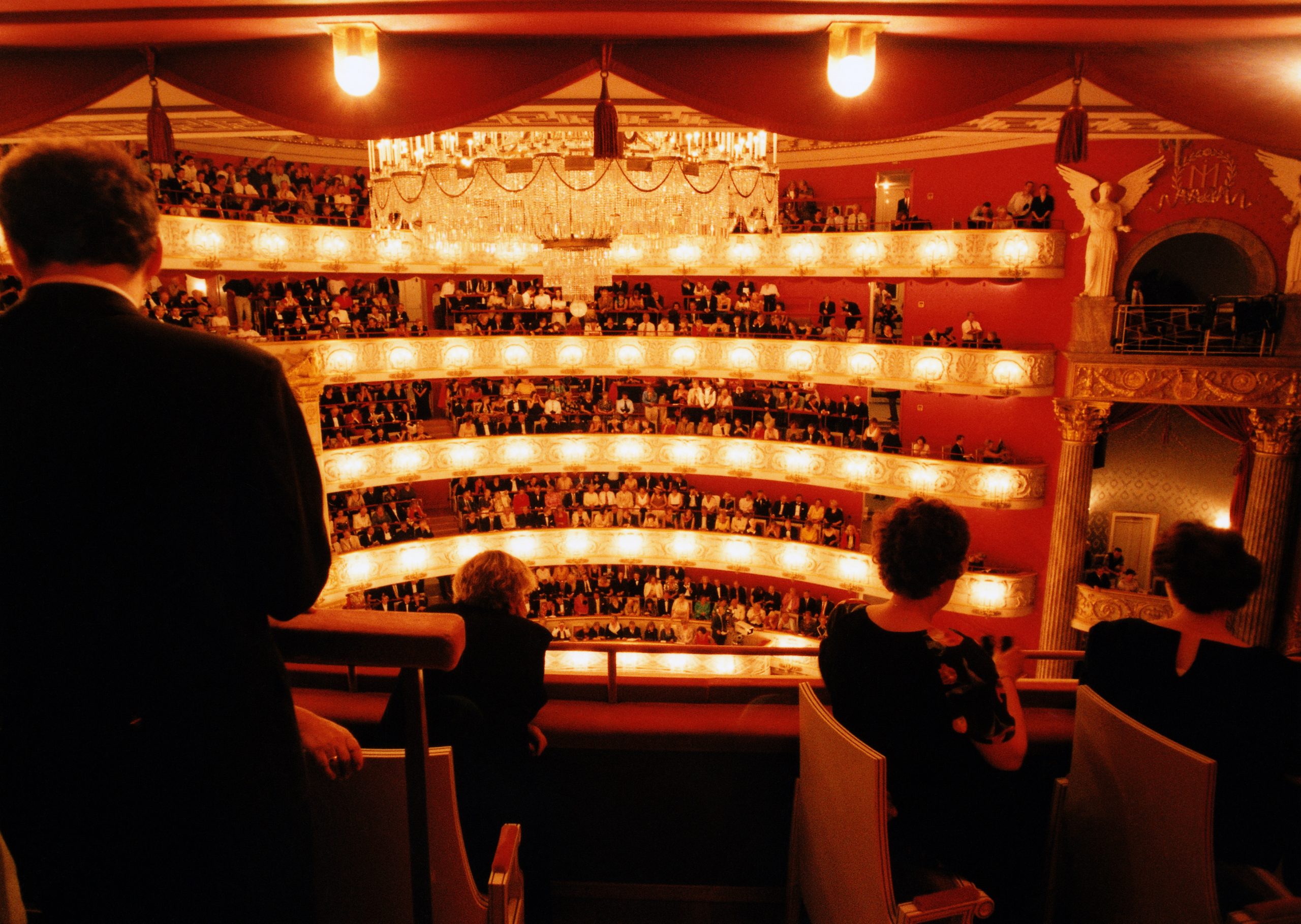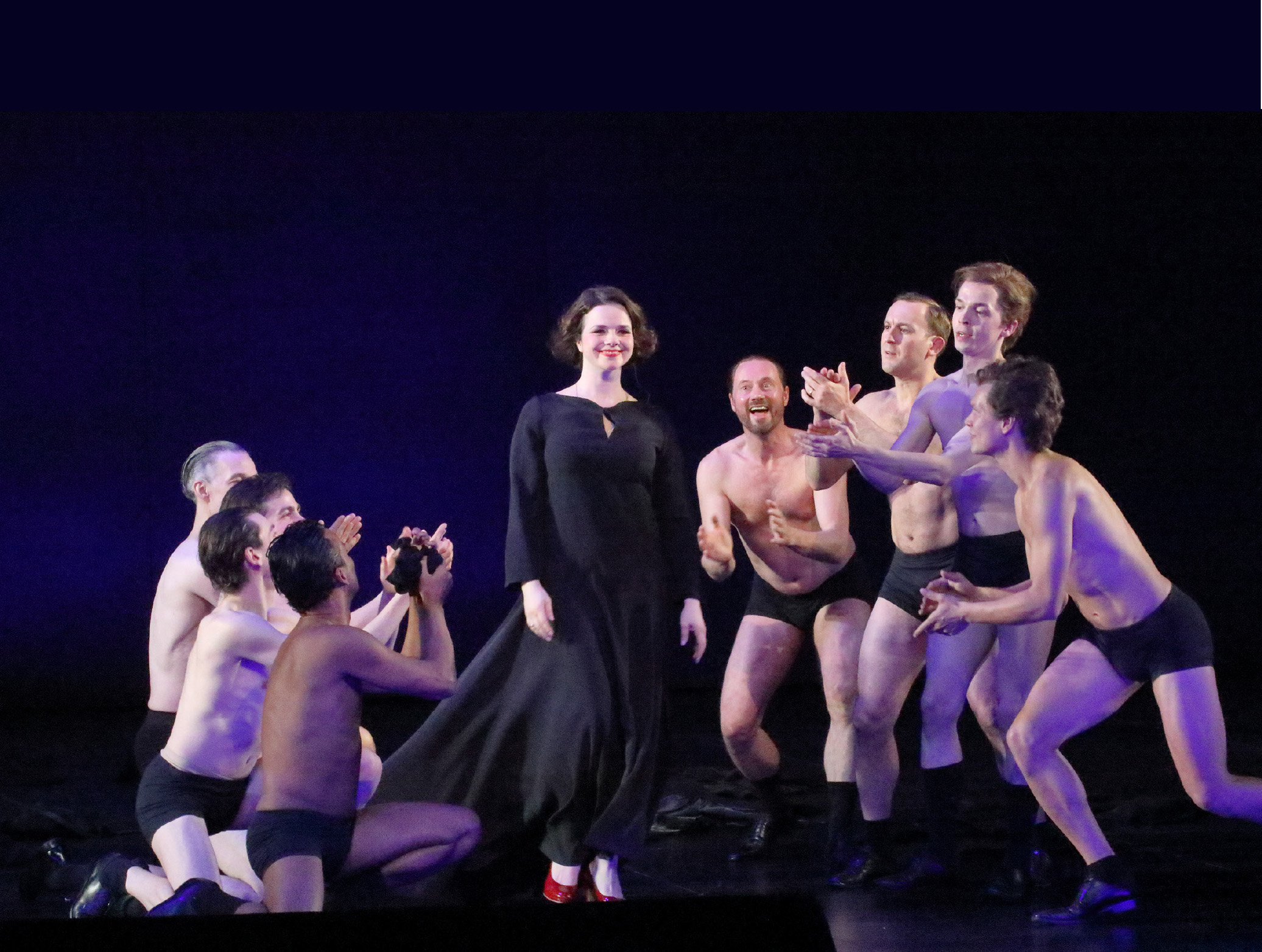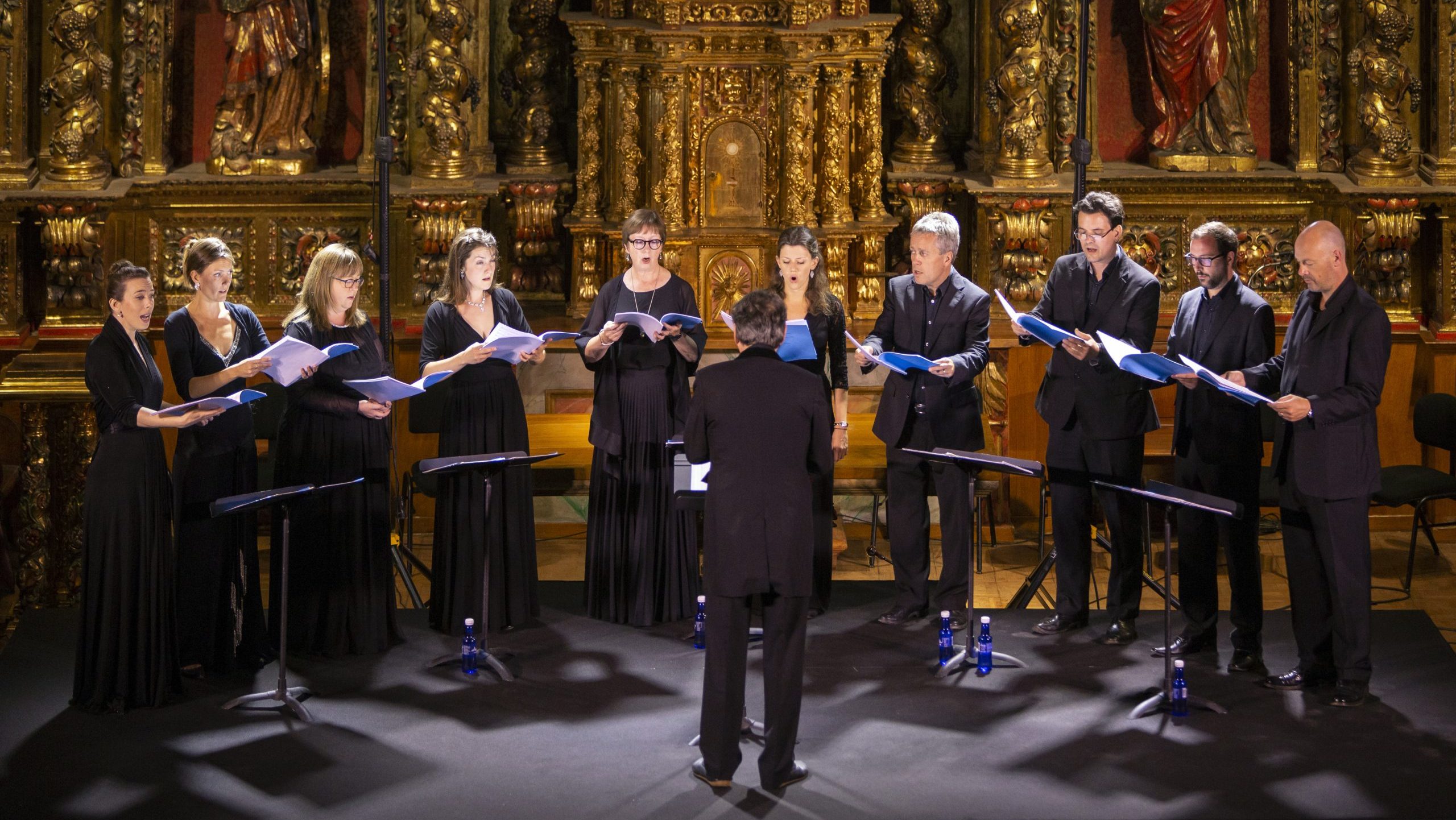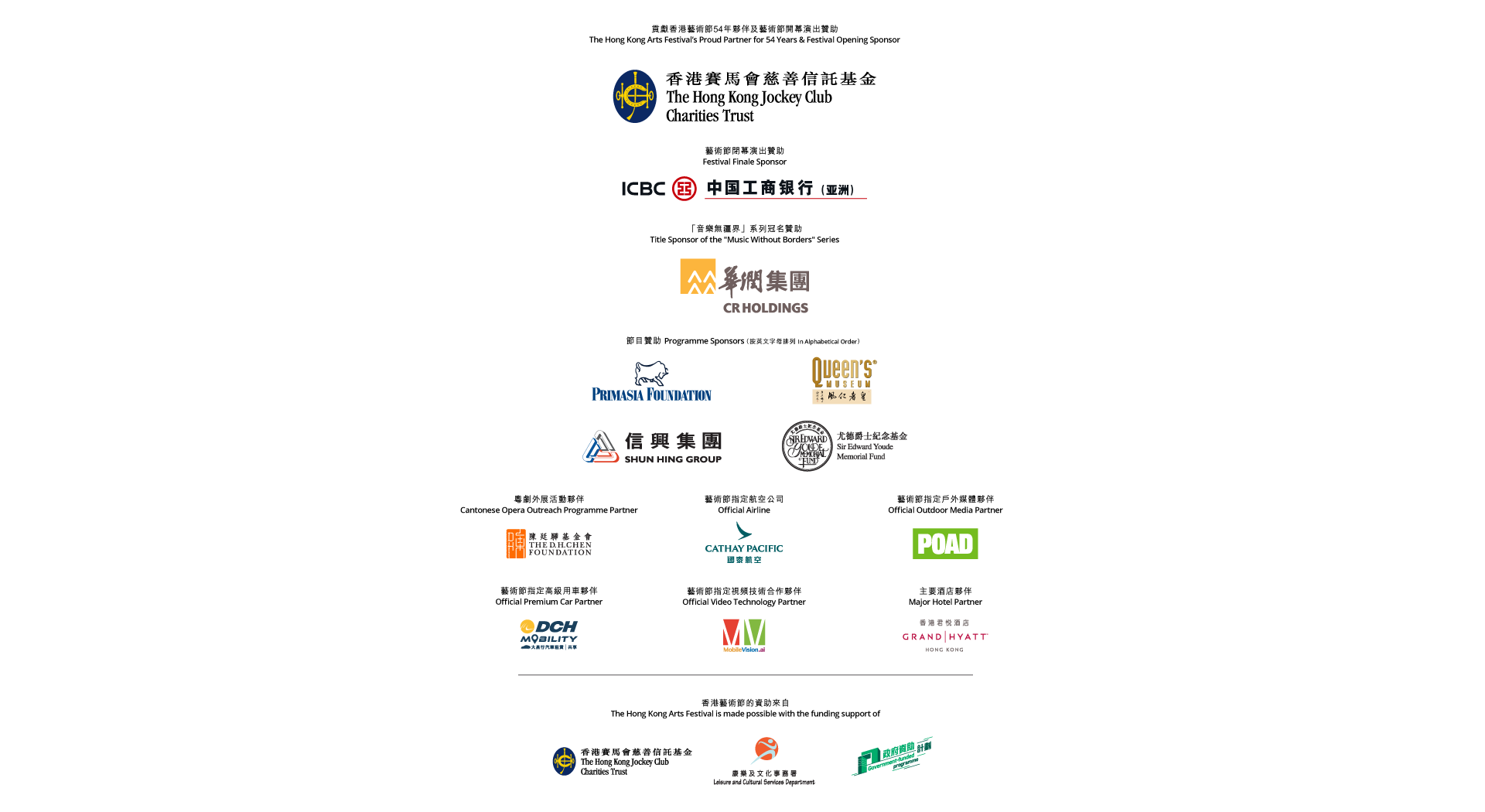Rinaldo Alessandrini's founding of Concerto Italiano four decades ago had a revolutionary impact on the way music from the Renaissance and Baroque periods was approached. These musicians brought a new Italian flavour and accent to the early music field, as well as an emphasis on expressive intensity and theatrically vivid, animated phrasing in their performances.
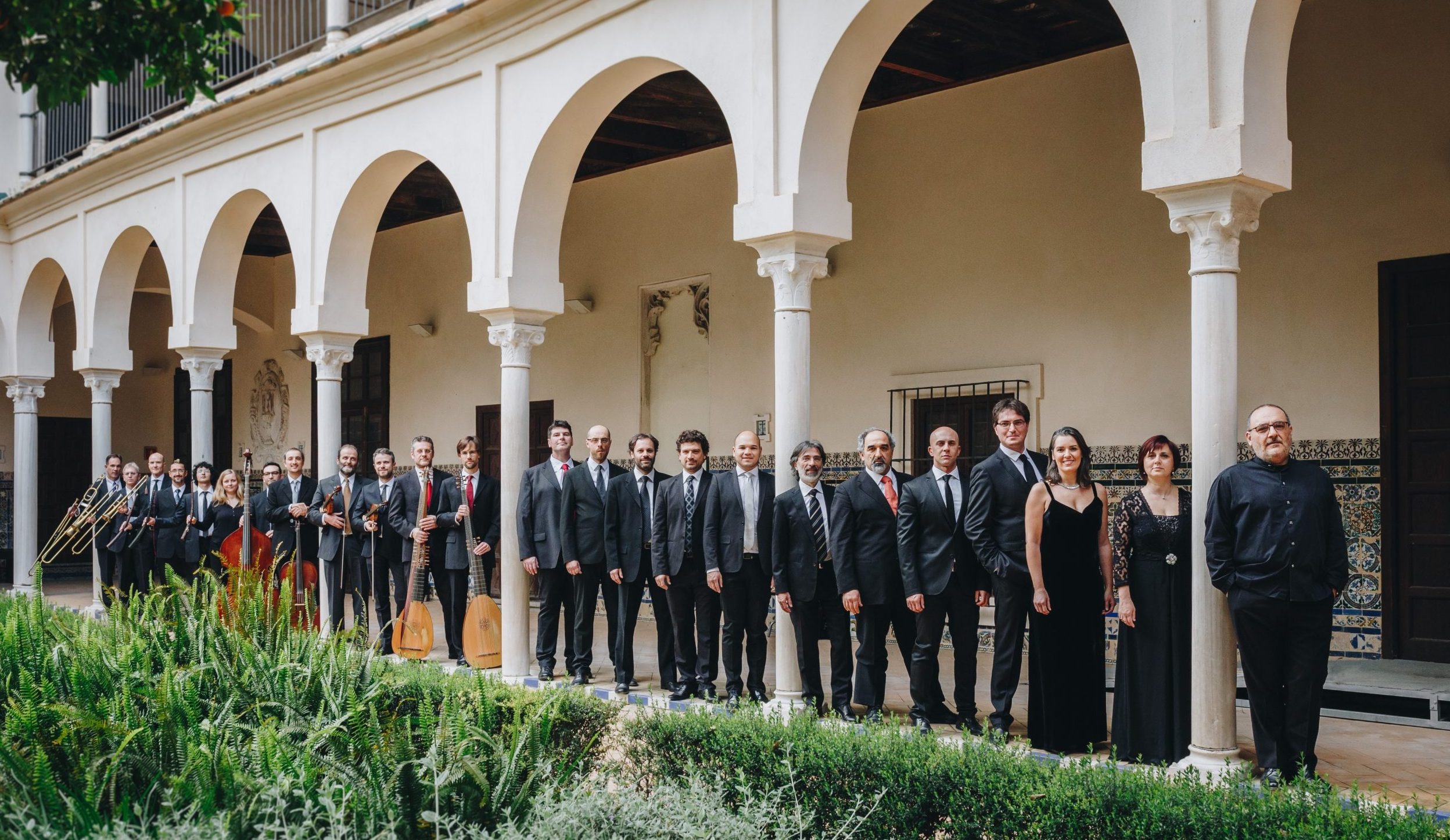
The historically informed performance (HIP) movement had already been evolving for some decades in Britain and throughout Europe, but Alessandrini and his colleagues revitalised the scene with the fresh insights of a new generation. Their "Italian" identity is by no means generic, but applies to a deep understanding of the nuances of musical dialects in specific regions, particularly Rome and Venice.
Concerto Italiano now ranks among the most prolific ensembles in the field of early music, both in its vast discography (for the French label Naïve) and in its international tours. Alessandrini and his fellow musicians are intrepid explorers of long-forgotten gems from past centuries. They have also become closely associated in particular with the operas, madrigals and sacred music of Claudio Monteverdi, and the instrumental music and operas of Antonio Vivaldi. Their recording of Vivaldi's Four Seasons was chosen from the countless versions available to represent that work in the publication 1001 Classical Recordings You Must Hear Before You Die.
Concerto Italiano's recordings of Johann Sebastian Bach's Brandenburg Concertos have also been highly praised: a reminder that the ensemble's musical interests are not limited to music produced south of the Alps. Indeed, it brings particular insight to the Bach-Vivaldi connection: the Italian composer's influence on his German colleague is well-known, but in the hands of Concerto Italiano, its significance is illuminated in unexpected ways.
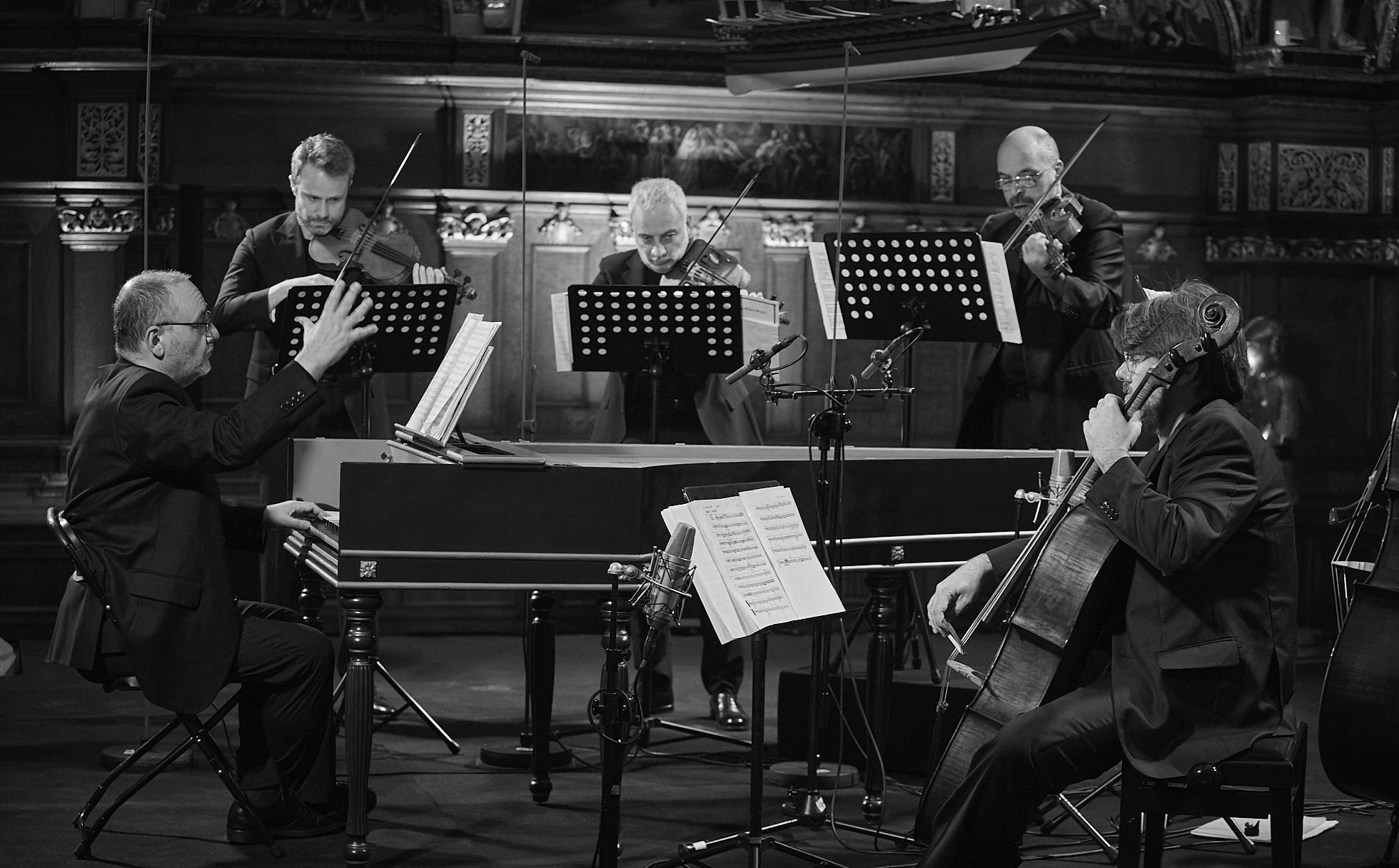
For its anniversary concert at the 2024 Arts Festival, Concerto Italiano will perform the celebrated Op 3 concertos for stringed instruments by Vivaldi, known as L'estro armonico ("harmonic inspiration"), which innovatively combine the older Baroque concerto grosso and the more modern concerto format. The work itself was an immediate hit at the time, and contributed to Vivaldi's reputation as the father of concerto grosso. This performance will give patrons an opportunity to experience how Concerto Italiano breathes new life into musical treasures from the past.
Alessandrini was only in his mid-20s when he established Concerto Italiano. Born in Rome in 1960, the charismatic conductor and keyboardist came to music relatively late, during his teenage years, and was at first self-taught. He felt instinctively drawn to the harpsichord after taking up piano and later sought out lessons with eminent Dutch harpsichordist and conductor Ton Koopman. Along with his own career as a conductor, Alessandrini is a virtuoso keyboard player who performs on the harpsichord and organ; his very first recording was of solo organ music.
The idea for Concerto Italiano initially centred around music for voice: its first concert was a performance of the 1651 opera La Calisto by Venetian composer Francesco Cavalli, who represents the generation of opera composers directly succeeding Monteverdi. Alessandrini chose this masterpiece from the early Italian Baroque for his first major appearance as a conductor, which took place in Rome in 1984. The singers he collaborated with on that occasion became the core of Concerto Italiano, which soon established a reputation as a leading ensemble for the interpretation of Renaissance and Baroque vocal music.

For the first 10 years of its existence, Concerto Italiano defined itself as a vocal ensemble, earning acclaim in particular for its recordings of the madrigals of Monteverdi, the first of which appeared in 1992. In the mid-1990s, Alessandrini expanded Concerto Italiano to include an instrumental ensemble as well. Its origins as a vocal ensemble have left an imprint on its instrumental interpretations, seen in the expressive beauty of its melodic shaping and theatrical presence alike.
Scholarship and musicological insight have of course been essential drivers of the early music movement—much of this material was rediscovered in modern times. But "historically informed" goes beyond issues of musicological research into the types of instruments used at the time and styles of singing, for example.
For Alessandrini, it extends to understanding the contexts—religious, social, political, artistic—in which, say, Vivaldi's music was produced during a transformative period in Venice, the composer's native city. Alessandrini is a passionate researcher and is fond of contributing eloquent booklet essays to accompany the ensemble's recordings.
Referring to the rapport between solo violin and ensemble in Vivaldi's concertos, he observes: "I think the best chemistry is when the violin is the protagonist and has an evident theatrical attitude that is very stimulating for the orchestra. Music in Italy in the 18th century was mostly theatrical—even the music composed for the churches."
Concerto Italiano—Vivaldi's L'estro armonico
Date: 9 Mar 2024
Venue: Concert Hall, Hong Kong City Hall
Details: https://www.hk.artsfestival.org/en/programme/Concerto_Italiano?




